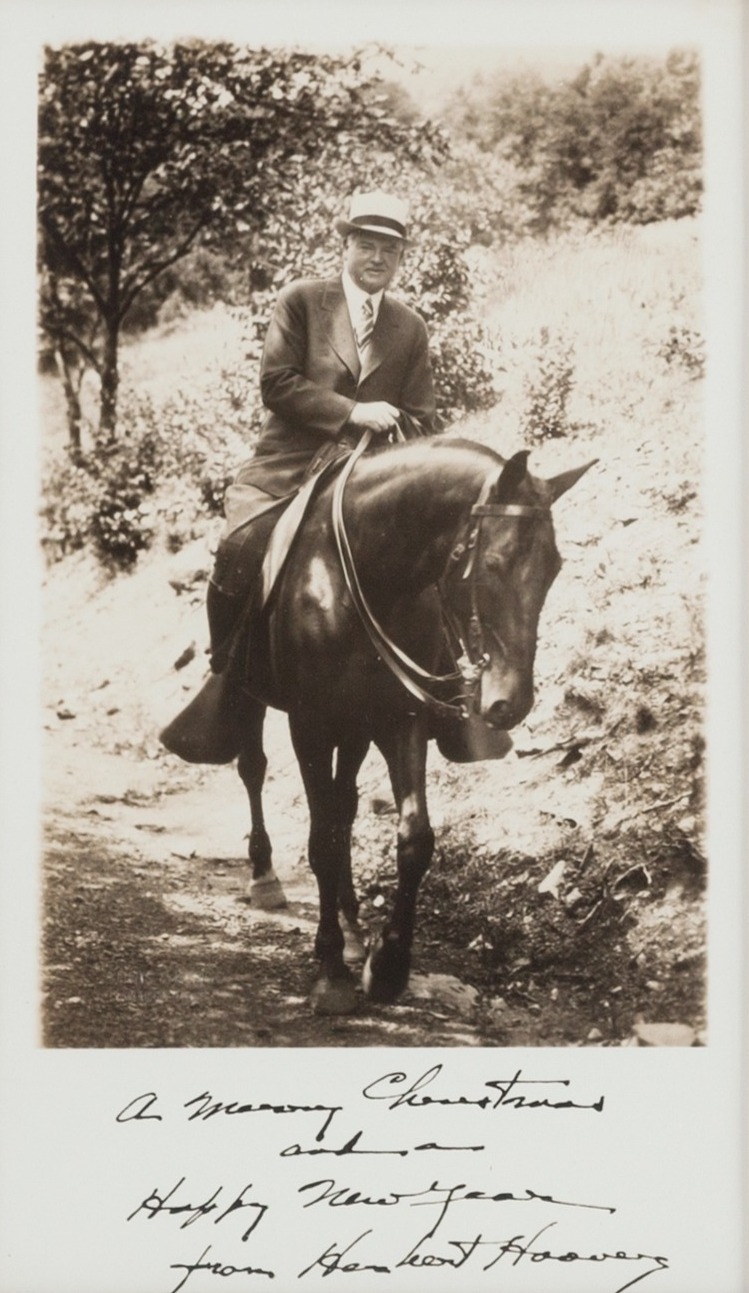
By Jim O’Neal
Images of the 1929 stock market crash, Hoovervilles (shanty towns built by the homeless), and the soup lines of the Great Depression are all associated with President Herbert Hoover. His administration (1929-33) coincided with all these events, although most of the underlying causes occurred prior to him assuming office.
A remarkably different perspective of his career emerges when one closely examines the years preceding his time in the White House.
In 1900, he and his wife Lou helped defend Tientsin, China, during the Boxer Rebellion, then Herbert started traveling the world displaying his engineering and business prowess. He found silver, lead and zinc in Burma, zinc in Australia, and both copper and oil in Russia. He also accumulated wealth and prestige as his company benefited from rescuing financially troubled mining companies. By 1913, his personal wealth soared to over $4 million.
When World War I broke out, Hoover was in London and shifted his primary focus to alleviating the inevitable suffering he knew would be next. First, he established the American Citizens Relief Committee and helped Americans escape the continent to London. Next, he headed a private charitable group, the Commission for Relief in Belgium. As always, he worked tirelessly, raising funds from the British, French and American governments to import wheat for Belgium millers to convert to flour for bread.
After the United States entered the war, President Wilson brought Hoover to Washington to head up the administration of U.S. food production. Then, he returned to Europe in 1918 to head post-war food relief to the allies. When he decided to include Germany as well, critics complained they should be punished instead. Hoover countered, “The United States is not at war with German infants!”
He did a lot more than stave off starvation. His rebuilding efforts included the wrecked European economies: heavily polluted rivers were cleansed, railroads repaired, and communication systems re-established. As Bolshevism festered in the rubble, the Hoover-led American efforts established capitalism to counter it.
In 1919, President Wilson appointed Hoover vice-chairman of the Second Industrial Conference in Washington. The group’s final report, primarily written by Hoover, called for progressive reforms: greater equity between profits and wages; a minimum wage law; equal pay for men and women; and a 48-hour workweek. Even today, these reforms sound familiar.
Hoover made a strong run for the 1920 Republican presidential nomination, but lost out to Warren G. Harding. He would not get his chance for another eight years … just when all the cracks were beginning to appear and the roof would come cascading down as he took office.
Bad luck, bad timing or both? Either way, Hoover was at the helm when the ship started to list and he carried the stigma of blame for the rest of his life. History can be a cruel master.
 Intelligent Collector blogger JIM O’NEAL is an avid collector and history buff. He is President and CEO of Frito-Lay International [retired] and earlier served as Chairman and CEO of PepsiCo Restaurants International [KFC Pizza Hut and Taco Bell].
Intelligent Collector blogger JIM O’NEAL is an avid collector and history buff. He is President and CEO of Frito-Lay International [retired] and earlier served as Chairman and CEO of PepsiCo Restaurants International [KFC Pizza Hut and Taco Bell].
